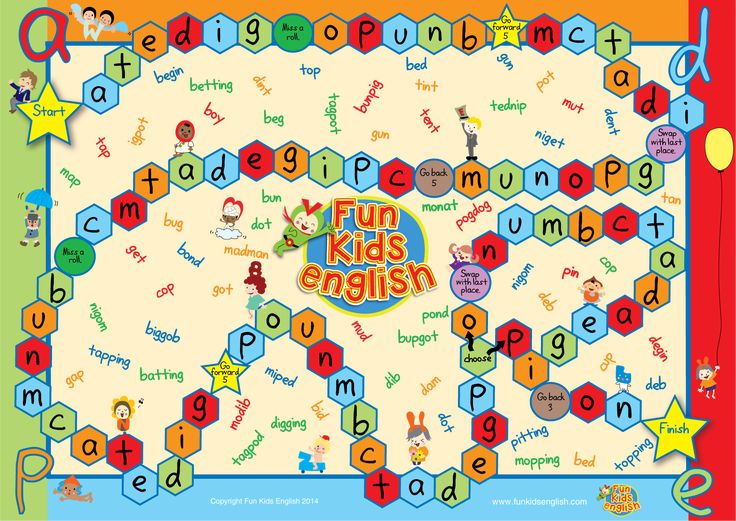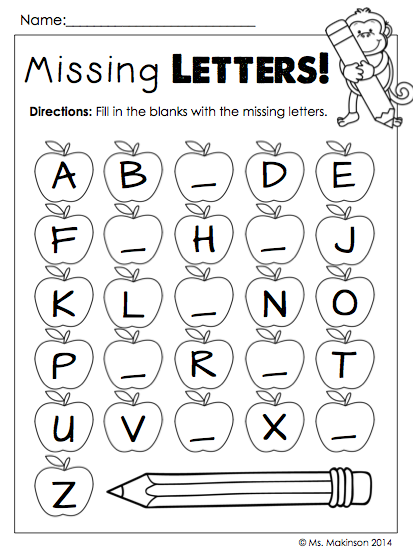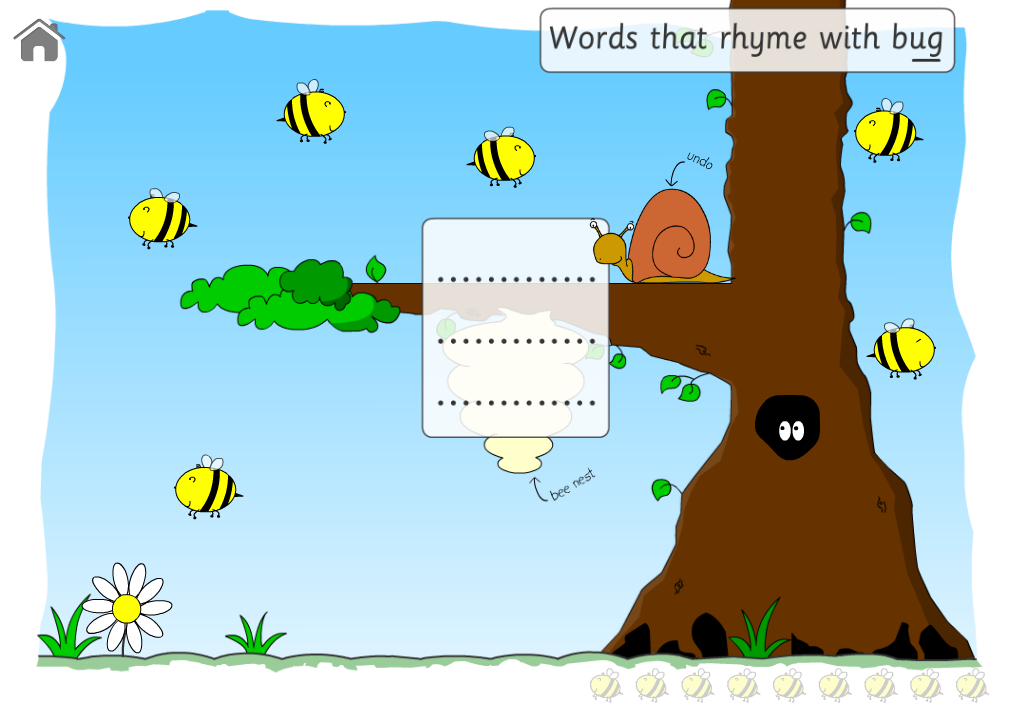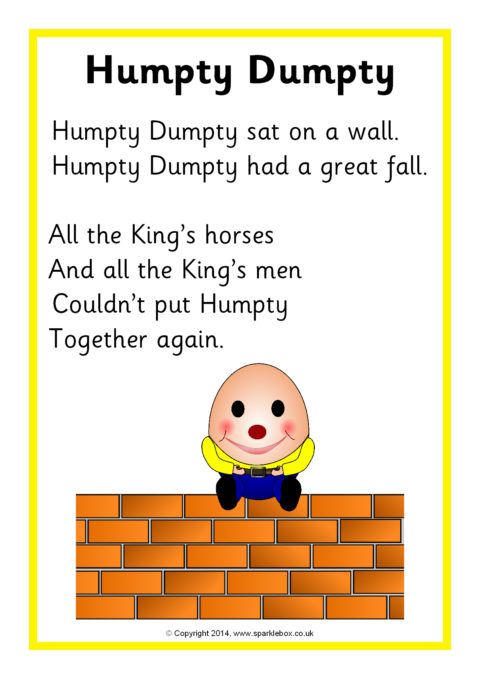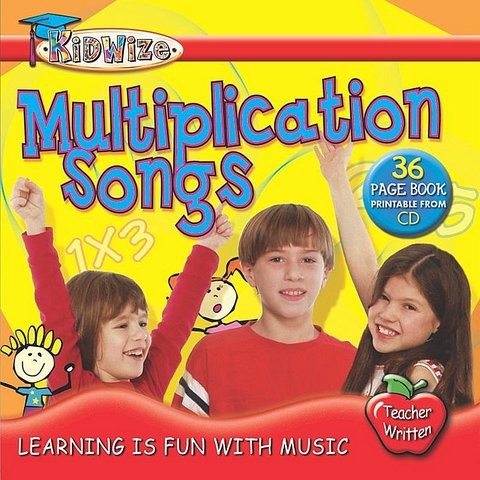Short vowels e words
Short and Long E Vowel Sound Words List
Today we’ll discuss about vowel ‘e’ and learn different sounds it produces when it is used in a word.
One of the first encounters for a student will be this concept is of long and short vowel sounds, such as e. Short e, written phonetically as ?, makes the vowel sound of e, as in bet, get, bed and pen.
The following extensive list introduces “short e” and “long e” sound words to kindergarten students.
Short E Vowel Sound WordsFollowing is a list of words with short e sound:
| ben | bed | beg | bet | den | fed |
| gem | get | gel | hen | hem | jet |
| keg | led | leg | let | men | met |
| net | pen | peg | pet | red | set |
| ten | Ted | vet | yet | wed | wet |
| Ferry | Deck | Elbow | Echo | Egg | Pencil |
| Bread | Ready | Breath | Steady | Threat | Heavy |
| Pleasure | Deaf | Measure | Sweat | Weapon | Spread |
There are two ways to make a short e sound:
- Using letter e: These words use just the letter e to spell the short /e/ sound.
Such as in 3 letter short e cvc words where vowel ‘e’ is used between two consonants
| Bed | Wet | Ted | Fed |
2. EA Words: These words use EA digraph to spell short /e/ sound. For example:
| Head | Read | Weather | Already |
Go through the words given in above table and try to pronounce them, Have you noticed anything?. You must have observed that we don’t have to stress on the vowel ‘e’ therefore we hear a soft ‘e’ sound.
Now let’s have a look at long ‘e’ vowel words where you would have to stress the vowel ‘e’ to pronounce the words correctly.
Long E Vowel Sound WordsFollowing is a list of phonics words with long e vowel sound:
| Bead | Bean | Mean | Lean | Dean | Teen |
| Feet | Heat | Beet | Beat | Seam | Keen |
| Meat | Meet | Sheet | Bleet | Feed | Need |
| Lead | Seat | Sleet | Fleet | Neat | Greet |
| Become | Gene | Recess | Theme | Evening | These |
| Portuguese | Decide | Happy | Relax | Glory | Delight |
| Field | Deceit | Brief | Receive | Mischief | Conceive |
Let’s explore seven different ways of spelling Long e sound:
This week we’re looking at the long /e/ sound and the seven different ways of spelling it.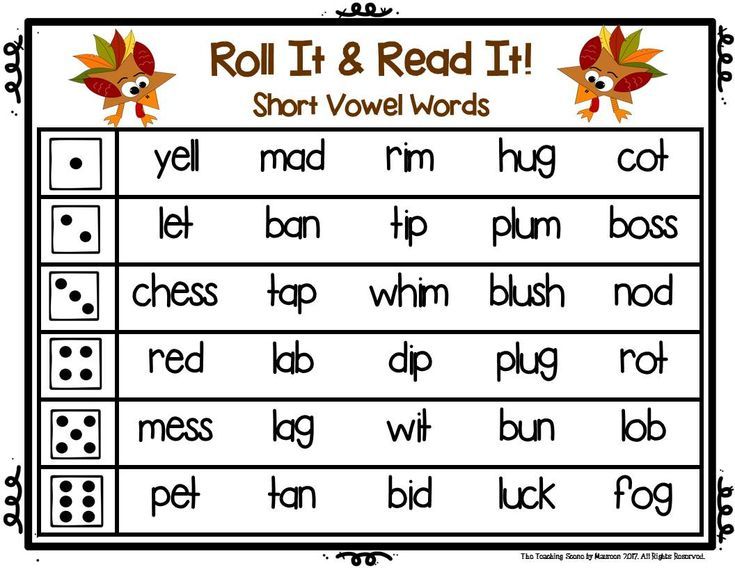
1. Using letter e: These words use just the letter e to spell the long /e/ sound.
This spelling of the long /e/ sound is also used for words beginning with prefixes ‘re-‘, ‘be-‘, and ‘de-‘.
| evening | between | delight | recess |
There are some exceptions which include common words like ‘she’, ‘he’, ‘we’, ‘me’, and ‘be’.
2. EE Words: These words spell the long /e/ sound with the letters ee, which usually appears in the middle of the word and occasionally at the end of the word. For example:
| Meet | Seed | Three | Tree |
3. EA Words: These words spell the long /e/ sound with the letters ea. Here are some examples:
| Year | Feat | Reason | Peach |
| Season | Reach | Breathe | Squeak |
4.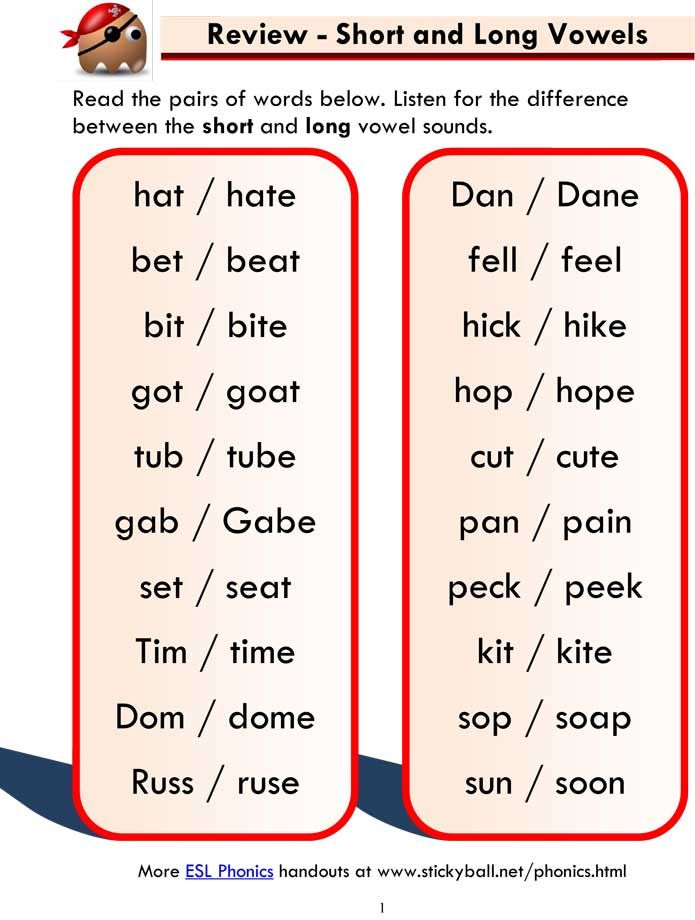 E_E Words: These words use split digraph e_e to spell the long /e/ sound, with an e in the middle of the word and an e at the end of the word. Here are some examples:
E_E Words: These words use split digraph e_e to spell the long /e/ sound, with an e in the middle of the word and an e at the end of the word. Here are some examples:
| Here | Theme | Concrete | Portuguese |
5. Y words: These words use letter y at the end to spell the long /e/ sound.
| Cherry | Glory | Twenty | Empty |
6. IE Words: These words use digraph ie to spell the long /e/ sound. Here are some examples:
| Shriek | Relieved | Brief | Fierce |
7. EI Words: There long /e/ sounds in these words are spelled with the letters ei, because the ‘i before e’ spelling rule doesn’t apply after the letter c.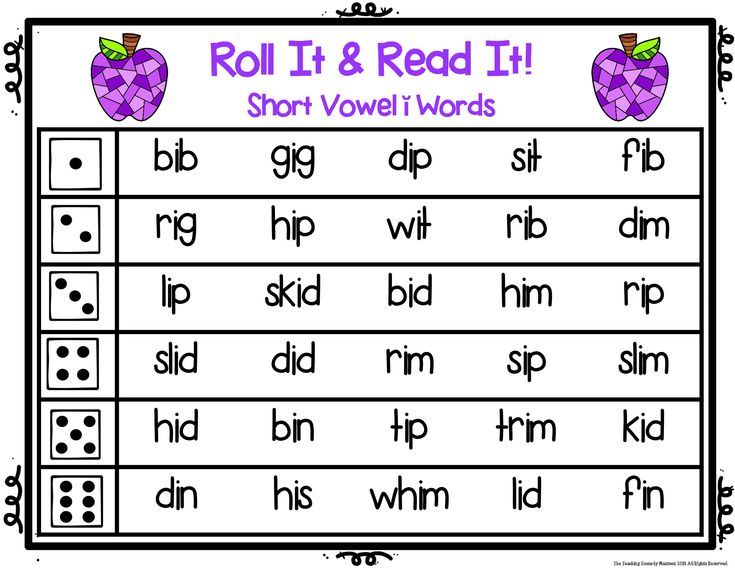
| Ceiling | Conceive | Receipt | Perceive |
Because you have to stress long on vowel ‘e’ to make a sharp sound, they are called Long ‘e’ vowel words.
We hope you have found this post useful for your child. Practice sounding out these words to help your child upgrade his/her phonics skills.
Keep exploring EnglishBix to find more resources related to Elementary Grades.
Quick Links
List of Short Vowel Words
DESCRIPTION
pig illustration with list of short vowel words examples
SOURCE
Bullet_Chained / iStock / Getty Images Plus / via Getty created by YourDictionary
PERMISSION
Used under Getty Images license
The English language provides a list of short vowel words that seem to be never ending. A short vowel word is any word that doesn't allow the vowel within it to generate that vowel's long vowel sound.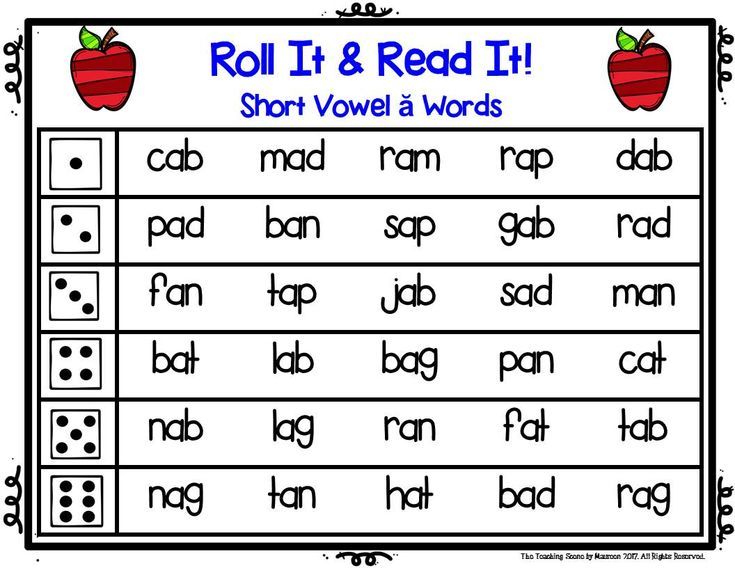
For example, the word "bug" is a short vowel word because there's no long "U" sound. A word doesn't necessarily have to have three letters to be a short vowel word, but it makes for the easiest example and three-lettered words make up the bulk of any list of short vowel words. Let's take a look.
Short Vowel Sounds in Words
Here's the reason why words with only three letters typically make the short vowel sound. Three letters usually don't allow for a second vowel to force the long vowel sound out. Exceptions include words like "bee" or "tea."
These words use a second vowel to force the long vowel sound from the first one, while other words like "ant" or "mat" use the placement of consonants to force a short vowel sound.
But, here's an important point to keep in mind. The words listed below are short vowel sounds, not short vowel spellings. That is, just because a word is short, doesn't mean it will automatically have a short vowel sound.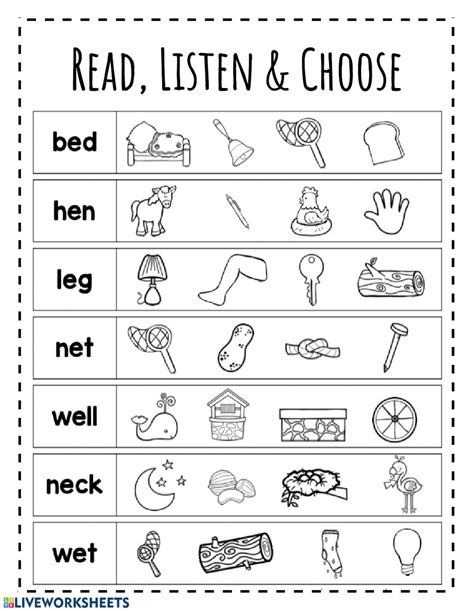 And vowel as written doesn't always correspond with the sound it makes. Take the word "pretty." The E is sounded like a short I, and the Y is sounded like a long E. Phonetically, it sounds more like "prit-tee," not "pret-tai."
And vowel as written doesn't always correspond with the sound it makes. Take the word "pretty." The E is sounded like a short I, and the Y is sounded like a long E. Phonetically, it sounds more like "prit-tee," not "pret-tai."
Likewise, we can't assume a long word will automatically have a long vowel sound. Let's look at the word "business." The U and E in "business" are also sounded like a short I, and the I is silent altogether. Phonetically speaking, we don't pronounce it "buss-eye-ness." It's more like "biz-niss." With that in mind, let's explore more short vowel words, sorted by letter.
Short "A" Words
The short A sound is what you hear in words like "bat" or "map." Here are some other great examples of words with the short A sound.
act | apt | ask | bat | bad | bag | cat |
cap | cab | dad | dab | Dan | fan | fat |
fad | gap | gab | gal | gas | ham | has |
had | hat | jab | jam | lab | lad | lag |
lap | man | mad | mat | map | nap | pan |
Pam | pad | pal | ran | ram | rag | rat |
Sam | sad | sag | sat | sap | tab | tan |
tad | tag | tap | van | vat | yam | zap |
Short "E" Words
The short E sound is what you hear in words like "gem" or "hem.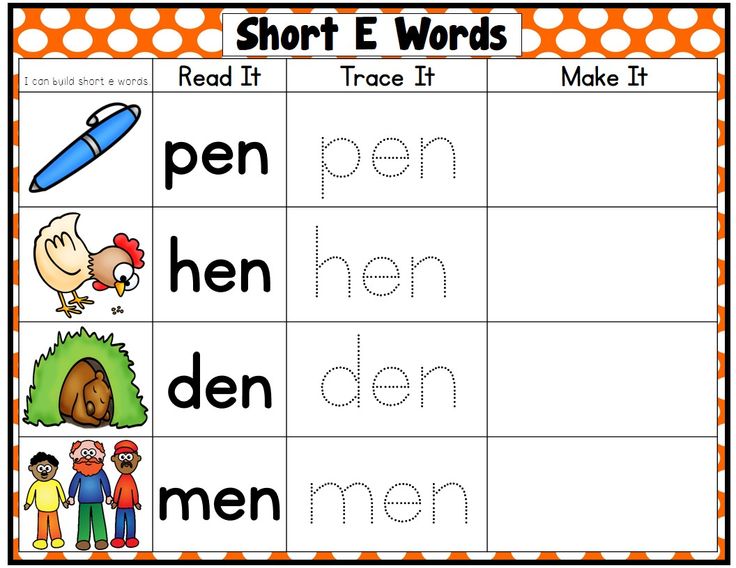 " Here are some other great examples of words with the short E sound.
" Here are some other great examples of words with the short E sound.
ben | bed | beg | bet | den | fed |
gem | get | gel | hen | hem | jet |
keg | led | leg | let | men | met |
net | pen | peg | pet | red | set |
ten | Ted | vet | yet | wed | wet |
Short "I" Words
The short I sound is what you hear in words like "dim" or "fib." Here are some other great examples of words with the short I sound.
bin | bid | big | bit | dim | did |
dig | dip | fin | fig | fit | gin |
gig | him | his | hid | hit | hip |
jib | jig | kin | kid | kit | lid |
lit | lip | nip | pin | pig | pit |
rim | rid | rig | rip | sin | sit |
sip | tin | tip | win | wit | zip |
Short "O" Words
The short O sound is what you hear in words like "con" or "nod.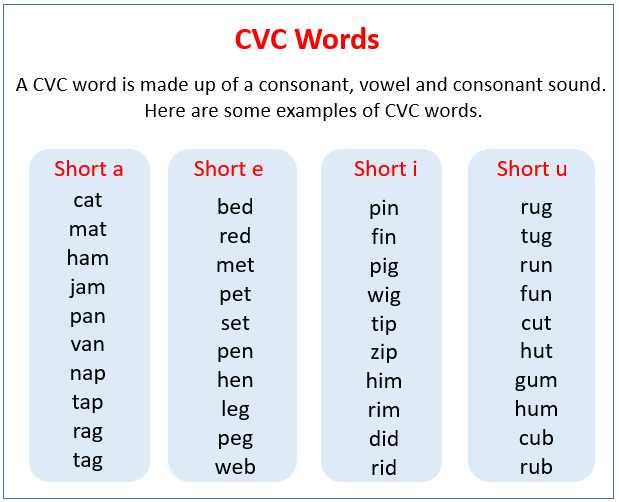 " Here are some other great examples of words with the short O sound.
" Here are some other great examples of words with the short O sound.
bog | bop | con | cod | cog | cot |
cop | don | dog | dot | fog | god |
got | hog | hot | jog | jot | lob |
log | lot | lop | mob | mom | mop |
nod | not | odd | pod | pop | pot |
rod | rot | sod | Tom | tot | top |
Short "U" Words
The short U sound is what you hear in words like "bus" or "hum." Here are some other great examples of words with the short U sound.
bun | bum | bus | bud | bug | but |
cud | cut | cup | dug | fun | gun |
gum | Gus | gut | hum | hug | hut |
jug | jut | lug | mug | nun | nut |
pun | pug | pup | rub | run | rum |
rug | rut | sub | sun | sum | tug |
List of Short Vowel Words Printable
Click to View & DownloadUsing Short Vowel Sounds
Though the above list of words with short vowels is incomplete, you can use it to understand the basic usage for the short vowel sounds.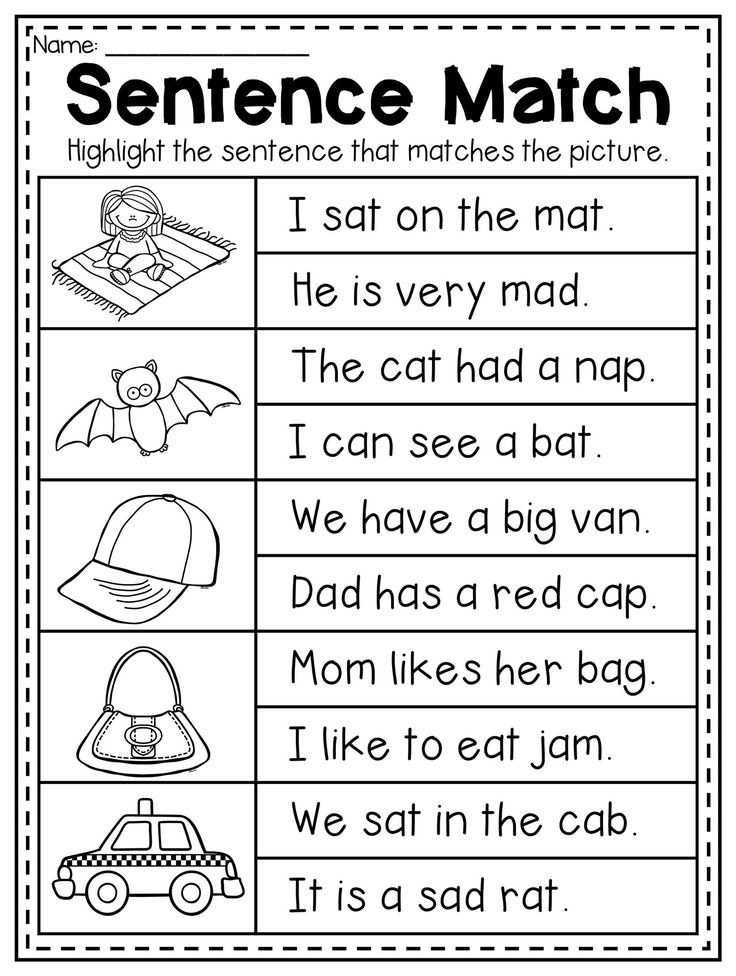 These short vowel sounds are often used in larger words as well. You might see them in words that also contain long vowel sounds, or even in two-lettered words, like "in," "it," and "at." Longer words, such as "magistrate" or "fascinate," use both short long vowel sounds.
These short vowel sounds are often used in larger words as well. You might see them in words that also contain long vowel sounds, or even in two-lettered words, like "in," "it," and "at." Longer words, such as "magistrate" or "fascinate," use both short long vowel sounds.
Some words use the short vowel sound and the long vowel sound, depending on the tense of the word. Words like "read," for example, are pronounced as the long vowel sound when the tense is present. For example, "We are reading this list of short vowel words."
However, when the tense is changed from present to past tense, the long vowel sound is taken away and the short vowel sound is introduced in the same word. For example, "I read the list of short vowel words, and understand much better now."
Pronunciation Pros
If you're teaching short vowel sounds to little learners, practice makes perfect. If you're teaching ESL students, here are some tips and resources for teaching ESL pronunciation. And, when you're ready for the flip side of the coin? Take a look at these examples of long vowel words too.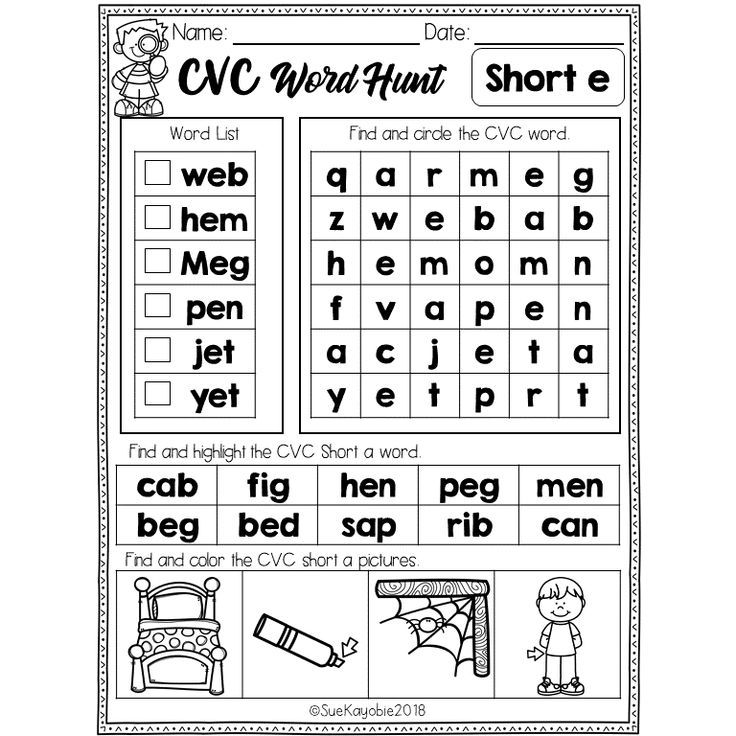 You might also want to explore when "y" is a vowel.
You might also want to explore when "y" is a vowel.
Long and short vowels in English
Longitude is one of the characteristics of a vowel sound, which shows the relative duration of its sound compared to other sounds.
Longitude can be positional and phonemic. In the first case, the duration of the vowel depends on the position in the word and stress, while this characteristic does not affect the meaning. The phonemic length of a vowel has a semantic function, that is, depending on the length of the sound, the meaning of the word changes.
Length of vowel sounds in English
In Russian, the length of vowel sounds does not affect the meaning of words and changes only depending on stress. In English, vowels differ not only in positional but also in phonemic length. This means that long and short sounds, similar in other characteristics, represent different phonemes. Words that differ only in these phonemes have different meanings: ship - sheep , fit - feet , pull - pool .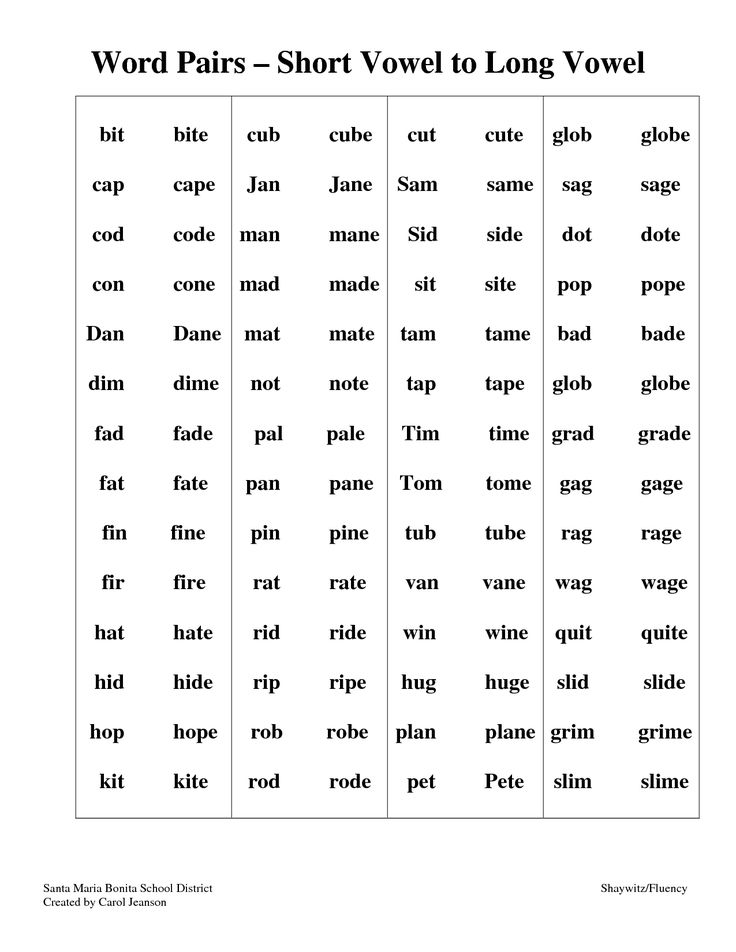 Therefore, it is so important to pronounce long and short sounds correctly.
Therefore, it is so important to pronounce long and short sounds correctly.
In transcription, long vowels are indicated with a colon: [i:], [α:], [ɔ:], [u:], [ә:]. In some cases, long vowels in an unstressed position are reduced and become semi-long, which in transcription is indicated by one dot from above: [α ].
The long vowels listed above are opposed to short vowels, forming the following pairs in English:
- [i:] - [ı]
- [uː] - [u]
- [ɔ:] - [ɒ]
- [α:] - [ʌ]
- [ә:] - [ə]
The pronunciation of long and short English vowels often causes difficulties for Russian learners of English, since in Russian vowels do not have phonemic longitude, and we are not used to distinguishing the length of a vowel sound by ear. We often do not hear the difference between long and short vowels when listening to English speech. It is still not clear how long you need to draw a sound when speaking, so very unnatural, or almost inaudible, or too long vowels are obtained.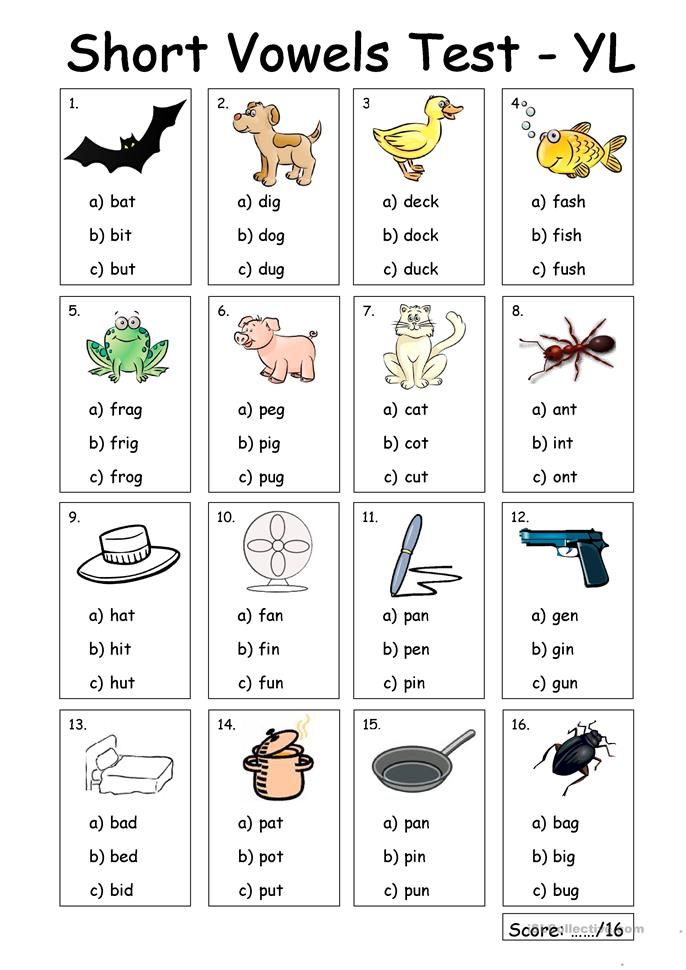 It is impossible to correctly pronounce short and long sounds so that a native speaker hears the difference, even if you diligently shorten short vowels and stretch out long ones.
It is impossible to correctly pronounce short and long sounds so that a native speaker hears the difference, even if you diligently shorten short vowels and stretch out long ones.
Sometimes it seems that native speakers themselves do not know the difference between short and long sounds, they seem to pronounce them the same way - but they themselves understand each other. But it's not. Let's see what are the differences between long and short English vowels, how to learn to hear them and how to train their pronunciation.
Differences between long and short English sounds
It is logical to assume that if vowels are called long or short, they differ in sound length. This is the main difference between them, but not the only one. It is important to understand that long and short sounds have other differences, which consist in articulatory features. This means that the sounds are not just of different lengths, they are also different in sound. And most often it is these articulatory features that determine the length of the vowel sound: the duration of the sound depends on the position of the tongue and the tension of the vocal apparatus.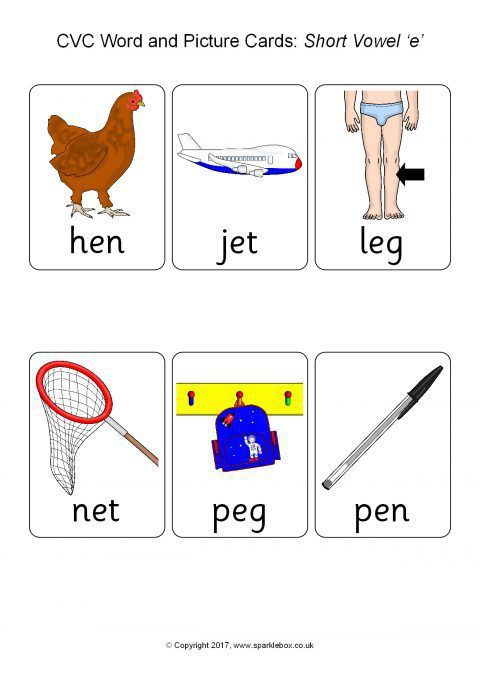
Long and short English vowels differ in such a characteristic as tension. Long vowels are tense, in English they are also called tense . When they are pronounced, the root of the tongue seems to be tense, under tension. The sound is pronounced, bright, rich, clear.
Short vowels are called lax – relaxed. The tongue in the region of the root is relaxed, the vowel sound is articulated quickly, easily, without additional effort, as if bursting. It turns out short, inconspicuous, faded and fuzzy.
Qualitative differences in sounds in different pairs of English vowels range from pronounced to almost imperceptible. It is easy to notice the difference between long and short sounds a: pay attention to how the words cart and cut are pronounced, they differ not only in duration, but also in sound. But the differences between long and short u are almost imperceptible: pool and pull sound very similar, only slightly different in length.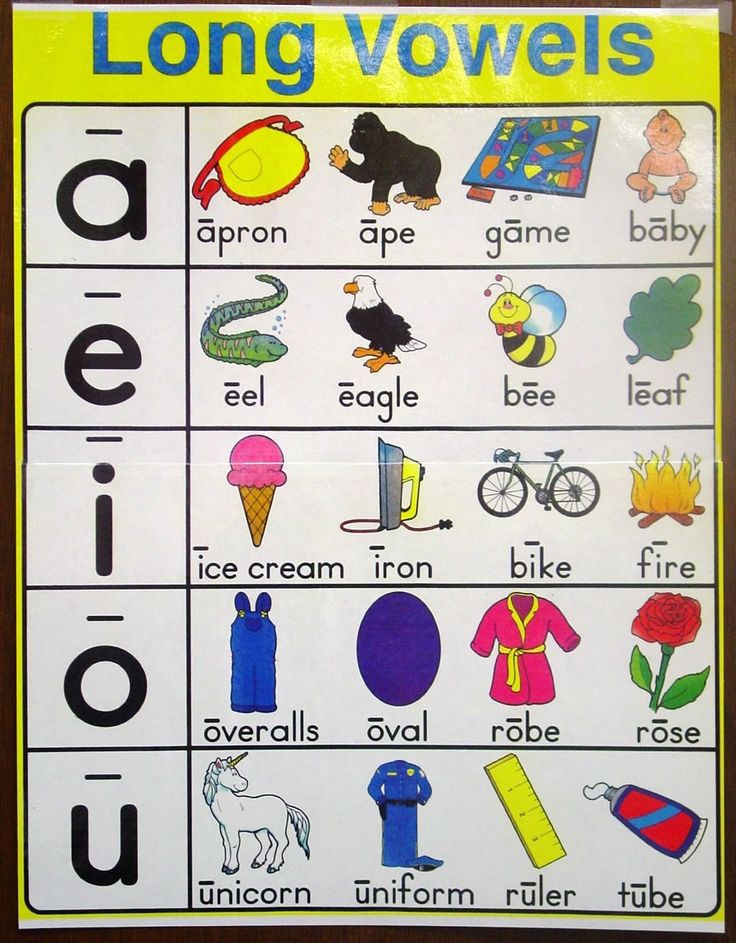 The Scots generally pronounce them the same way, differing only in context.
The Scots generally pronounce them the same way, differing only in context.
In addition, the duration of the pronunciation of vowels is also affected by positional longitude - for example, stressed or unstressed position in a word. As a result, a short vowel sound in one word may sound longer than a long sound in another word.
Thus, it is not enough to rely only on the subjective duration of a vowel sound. All the features of short and long vowels described above must be taken into account when learning English. It remains to understand how to master the pronunciation of long and short sounds in practice.
How to learn to pronounce long and short English vowels
The main mistake foreigners make when pronouncing long and short English sounds is focusing only on duration. But with this approach, it is intuitively incomprehensible where the boundary between a long and a short sound passes: you can’t measure the length of a sound with a stopwatch.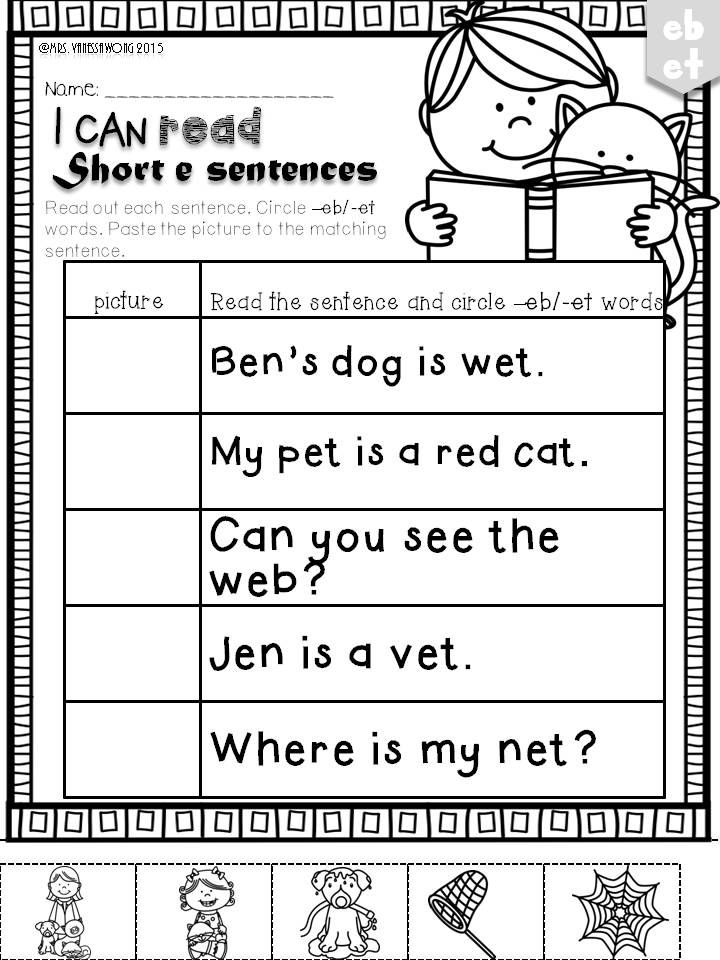 When trying to artificially lengthen or shorten a vowel, the sounds are unnaturally short or drawn out.
When trying to artificially lengthen or shorten a vowel, the sounds are unnaturally short or drawn out.
To learn how to pronounce long and short English sounds, you need to forget about the usual terminology "long" and "short". Try not to think about the duration of the sound at all. To correctly pronounce long and short vowels, you need to focus on their articulation, and not on duration. If we correctly reproduce the pronunciation of the vowel, then the duration will turn out to be correct automatically. Remember that long vowels require more tension at the root of the tongue, while short ones are pronounced without additional effort, easily and without tension.
Pay attention to how native speakers pronounce vowels - don't watch how long they draw them out, but watch the pronunciation, the articulation, the quality of the sound. Repeat, imitate, practice. For practice, it is best to use video lessons or a conversation with a native speaker, since audio materials do not make it possible to see articulation.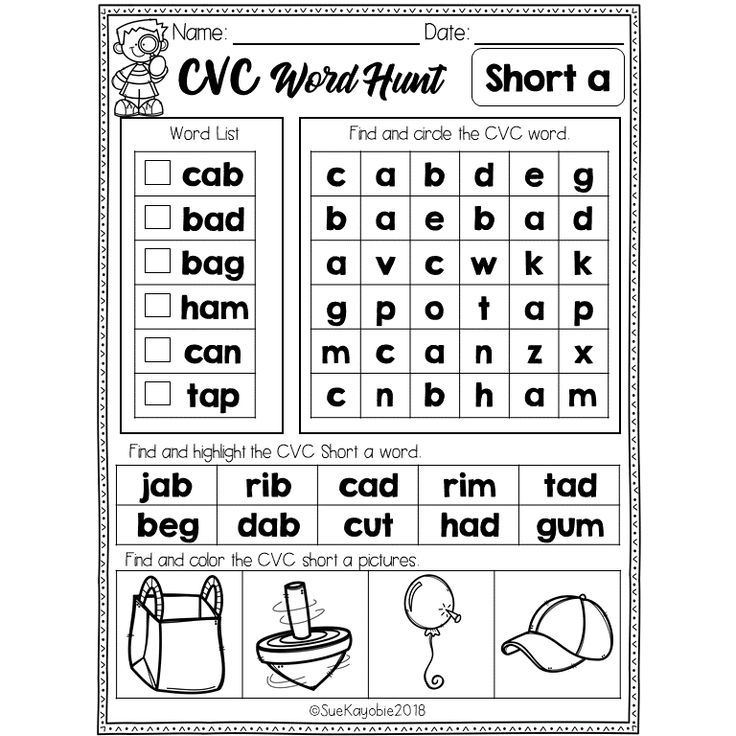
It is best to train long and short sounds not separately, but as part of words. First, this way you will note the influence of positional longitude on the duration of the sound in specific examples. Secondly, just as words are best learned in context, sounds are also best learned in the environment.
Practice pronunciation of long and short vowels in pairs of words to notice the difference between sounds, for example:
- Sport – hot
- Arm-cut
- See-hit
- Food-put
- Fur – ago
When you learn how to pronounce long and short vowels correctly in English, it will become easy to distinguish between them in speech. When listening to speech, forget about the differences in duration, pay attention to the qualitative differences in sounds - how intensely the vowel is pronounced, how bright or faded it sounds, how pairs of sounds differ from each other, except for duration.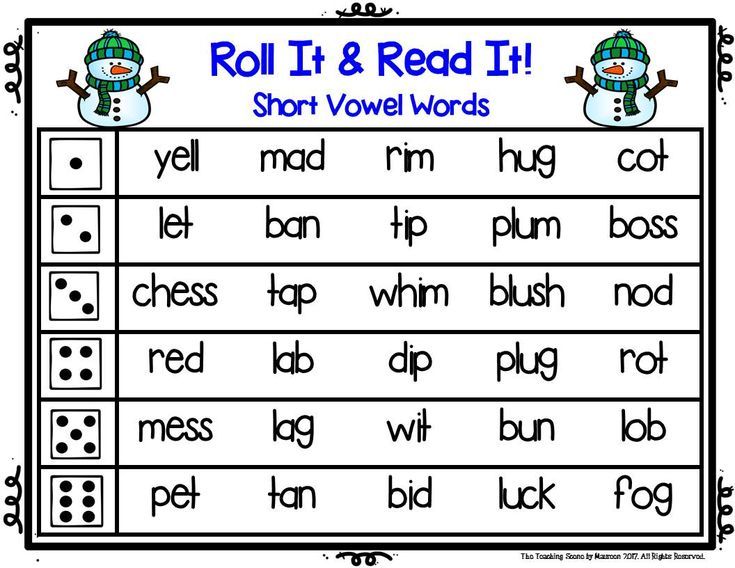
English vowels: pronunciation ɜː, ɒ, ɔː - tongue twisters, videos, practicing sounds
Hello reader! 🙂 Today we have again prepared for you a whole training for setting the pronunciation of English sounds. In this series of articles (this is already the 3rd one in a row), we will analyze the subtleties of the English phonetic system and find the differences between the sounds of the English language and our Russians.
Today we will analyze the analogues of the /o/ sound in English. Or rather, they are just not analogues, but our phonemic hearing plays a cruel joke with us, and we:
- change all three English sounds to Russian /o/,
- we do not see the difference between these 3 sounds and thus change the meanings of some words.
We will build the practice of the sounds of the English language, as before: with the help of training videos, a special set of words, exercises, tongue twisters and a song with a reference pronunciation.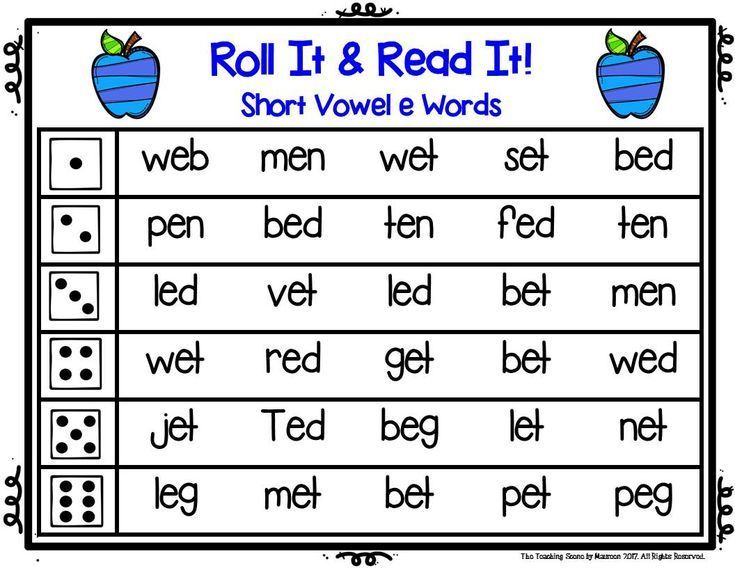 Let's go!
Let's go!
Warning: the article uses the British pronunciation. What exactly are the differences among the Americans, I will indicate below.
Pronunciation of /ɜː/ - long vowels in English
Pronounced in words girl, nurse, learn, etc. e (m e e) and e (m e l) , respectively), while it is neither one nor the other.
I would say that you need to take the position of the lips, as for / e /, hold your mouth in this position, but try to pronounce / o /. Reminds in the word G those . The sound is long.
How the speech apparatus works: The back of the tongue lies flat, the middle part of the tongue is slightly raised, higher than the front and back of the tongue. The tip of the tongue is at the bottom teeth. The edges of the tongue do not touch the upper teeth. The distance between the upper and lower teeth is quite narrow.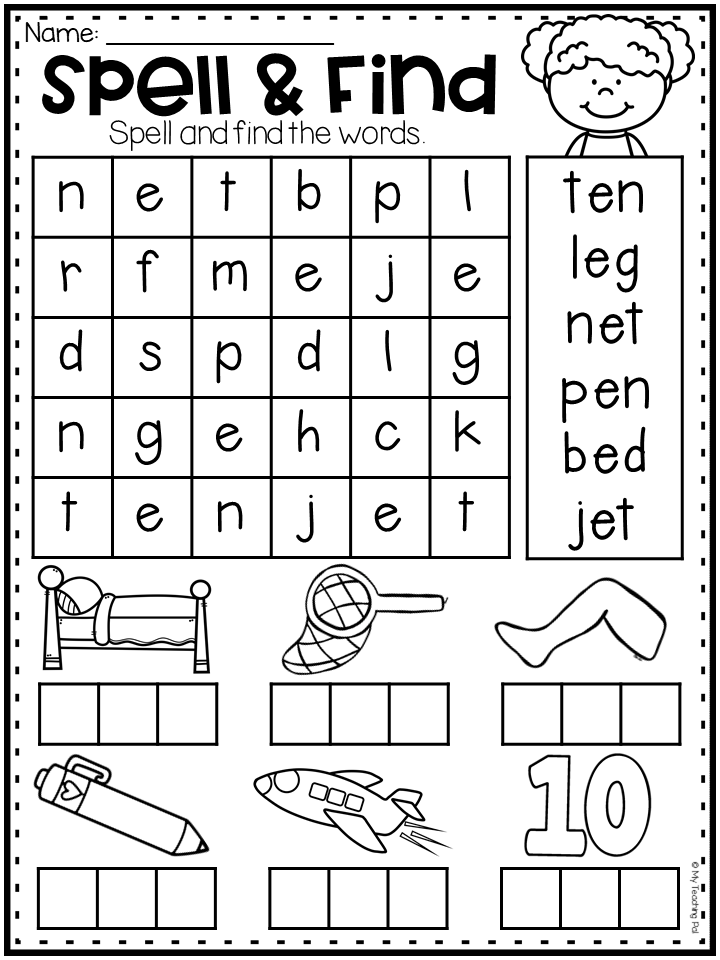 The lips are tense and stretched, slightly revealing the teeth.
The lips are tense and stretched, slightly revealing the teeth.
Pronunciation errors of English words in Russian
What are the main mistakes of Russian speakers:
give the sound / ɜː / a touch of the Russian sound / o /. Lip position as for / e /, but pronounce / o /.
2. Complete replacement for the Russian sound /o/, denoted by the letter ё in writing, in words like, worse, sir , etc.
Tip: give the English sound a hint of Russian /e/. The lips should be stretched, the teeth brought together, the tongue should be flat.
And, accordingly, do not round your lips, as for Russian / o /. It is recommended to pronounce / ɜː / with almost the same stretched position of the lips as for the phoneme / i: / => see / si: / - sir / sɜː /, fee / fi: / - fir / fɜ: /, heat / hi: t / - hurt / hɜːt /.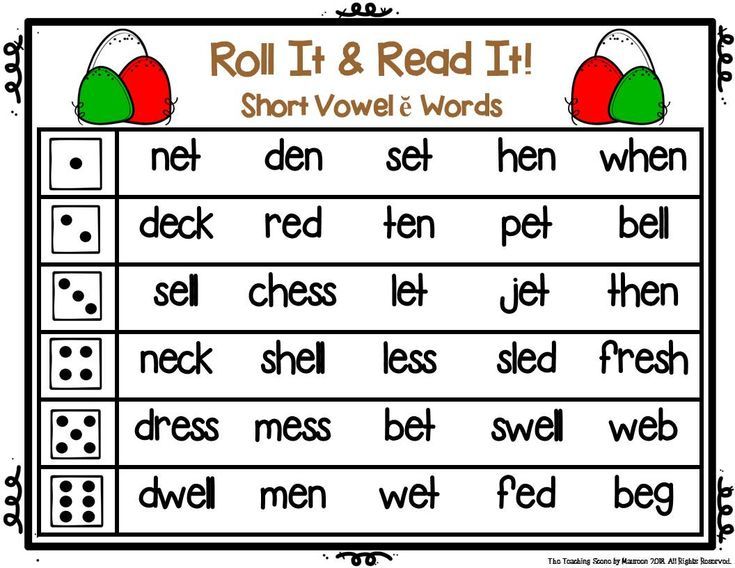
The stretched position of the lips is especially obligatory when pronouncing /ɜː/ after /w/ => we /wi:/ – world /wɜːd/, we /wi:/ – work /wɜːk/, we /wi:/ – worm /wɜːm/ .
Useful article on the topic: The best podcasts in English, or Listen!
3. Also note that the consonant before this vowel does not need to be softened (we wrote about this in detail in the last article). In words like girl, first, bird , etc., the consonants will be hard.
Advice: do not lift the middle back of the tongue towards the hard palate while pronouncing the consonant. First pronounce the hard consonant, and then start pronouncing the vowel.
Examples for English vowels
Got it? Now we turn to the formulation of the correct pronunciation of words in English. We set up a speech apparatus in the right position and start training:
Worse / WɜːS /
Girl / ɡɜːl /
Firm / Fɜːm /
FIRST / ˈFɜːST /
HURL / HɜːL /
LURK / LɜːK /
Curl / kɜːl/
bird /bɜːd/
world /wɜːld/
word /wɜːd/
sir /sɜː R /
Were / Wɜː R /
Heard / HɜːD /
LEARN / LɜːN /
WORK /
Third / θɜːD /
NURSE / NɜːS /
Stir / STɜː 9 /
turn /tɜːn/
earth /ɜːθ/
verb /vɜːb/
pearl /pɜːl/
hurt /hɜːt/
fir /ˈfɜː r /
worm /wɜːm/
purse /pɜːs/
curse /kɜːs/
earl /ɜːl/
her /hɜː r /
burn /bɜːn/
Excellent! And now I’ll tell you about the difference in pronunciation performed by an American (I didn’t say it before, so as not to confuse).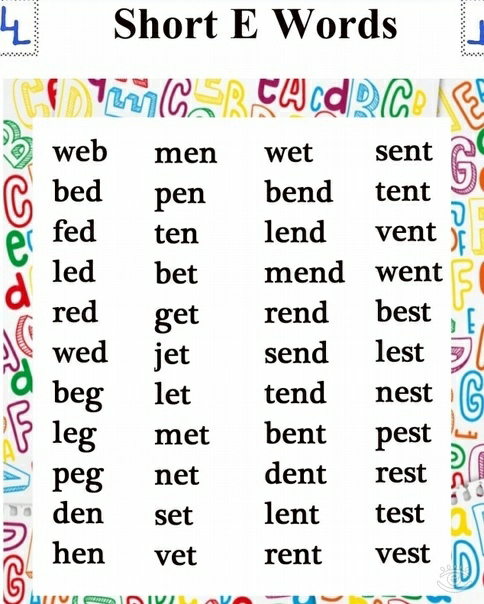 The American transcription looks like this:
The American transcription looks like this:
firm - /f ɝ ːm/ (or /fɜrm/ as we have on Lingualeo).
This transcription of the English alphabet / ɝ / denotes a similar sound, but with retroflection, that is, an overtone / r / (follow the link and listen to two pronunciations of the word firm). For more information about the American version, see the video at the link.
In British pronunciation, the /r/ sound can only be heard at the junction of words when the next word begins with a vowel: si r A lec /sɜː r æ lɪk/.
to fix the result will help us with English tongue twisters for vowel sounds:
- G E Rman L EA RNERS L RN G Rman W O RDS, T 9000 U
Rkish L EA rners l ea rn T u rkish w o rds.
- AN EA RL Gave P EA RL A F U R and A C IR CLET OF P EA RLS FIR Th IR TY - F ST B 9000 IR .
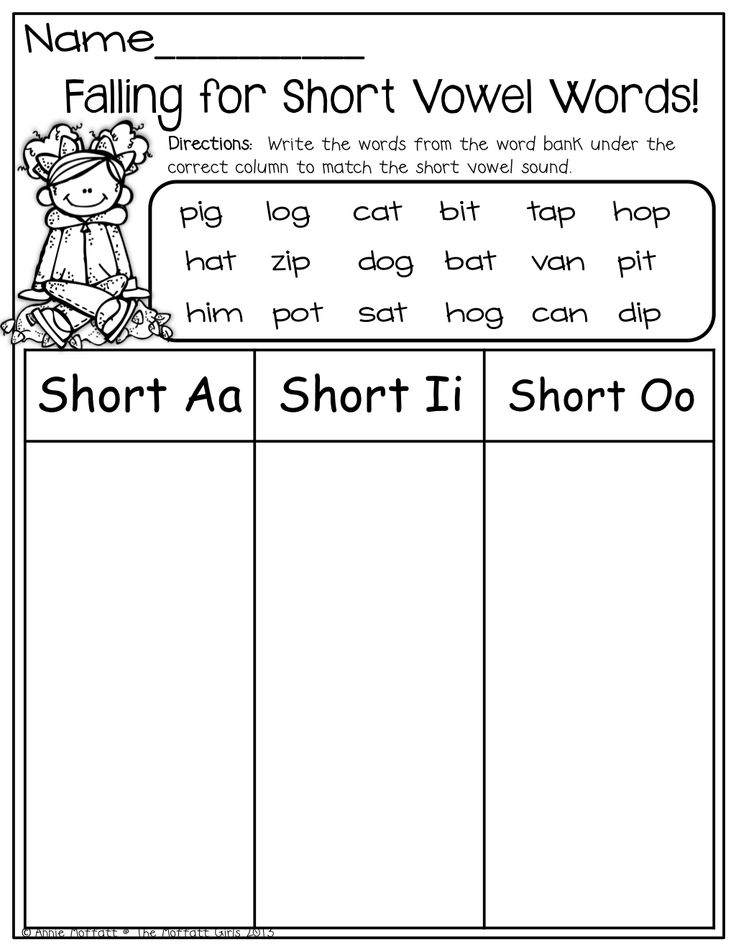
- The F IR ST SK IR T IS D IR Tier THET IR D SH IR T, The F IR SH T IS D IR Tier Thier THET th ir d sk ir t.
Finally, let's find this English sound in a well-known song so that it is imprinted in the auditory memory. Since we took the British pronunciation as a basis, the example will be exclusively British - The Beatles “Girl”
Sound / ɒ / - pronunciation of short vowels in English
“Inverted a in English transcription” is pronounced in the words doll, hot, what . The English sound is similar to Russian / o / under stress (as in the word p o st ) but:
- our lips are more rounded (and protrude forward),
- for our sound, the tongue rises higher, because the Russian sound is less open,
- our sound is longer.
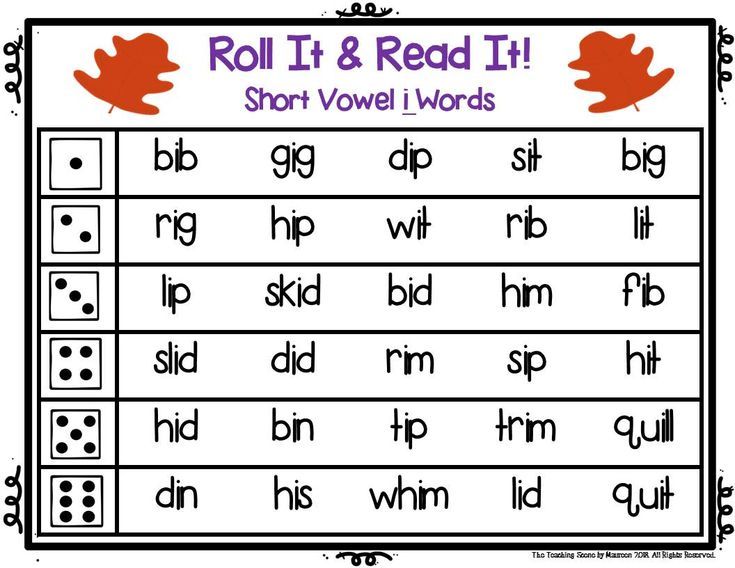
How the speech apparatus works: the articulation is a lot like the /a:/ sound, as in the word part (remember when we learned to show the throat to the doctor and move the tongue back and down?). But the root of the tongue is drawn back and down even more than with / a: /, not tense. The tip of the tongue is drawn further from the lower teeth than with / a: /, and lowered down. The distance between the jaws is large. The lips are slightly rounded, the protrusion of the lips is completely absent. The sound is short.
Tip: since the English sounds /a:/ and /ɒ/ are somewhat similar, you can try this: start saying the word part /pa:t/ (listen to the British pronunciation here), but move it as far back as possible the root of the tongue, DO NOT round your lips too much and make the sound short - you get the correct pronunciation of the word pot /pɒt/ (listen to the British version here).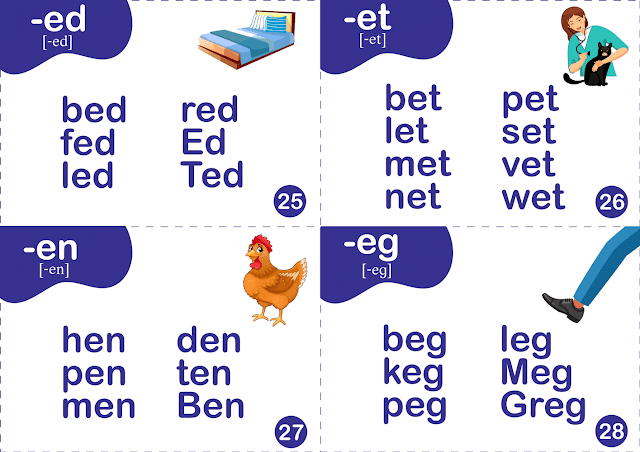
In order not to accidentally change the sound to Russian /o/, open your mouth wider, lower and move your tongue lower. Rounding the lips, do not protrude them forward and reduce the sound.
Let's move on to practice. Let's put the correct pronunciation of the English language using a set of words:
lodge /lɒdʒ/
doll /dɒl/
what /wɒt/
pot /pɒt/
not /nɒt/ 9000 cough3
/ rock /rɒk /r Kɒf/
WAS/ Wɒz/
Stop/ STɒP/
HOT/ HɒT/
GOT/ ɡɒT/
CLOCK/
BOX/ Bɒks/
Shot/ ʃɒt/
KNOT/ NAT/ NAM
job /dʒɒb/
Want / Wɒnt /
BOX / BɒKS /
Stop / STɒP /
DOG / Dɒɡ /
Bob / Bɒb /
Lost / LɒST /
Swat /
OFF / ɒF /
Golf / ɡɒLF/
Lot/ Lɒt/
ODD/ ɒD/
Wash/ Wɒʃ/
FOG/ Fɒɡ/
BLOCK/ BLɒK/
Watch/ Wɒtʃ/
I again pay attention to the differences in American pronunciation.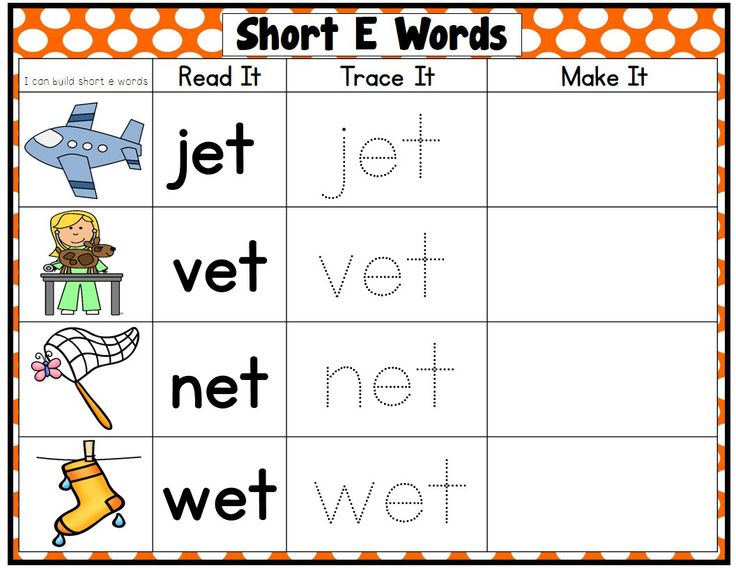 There is practically no “short o” in AmE, and they pronounce the above words with the sound / a: / (we talked about it above) - not / nɑːt /.
There is practically no “short o” in AmE, and they pronounce the above words with the sound / a: / (we talked about it above) - not / nɑːt /.
Fasten the pronunciation with tongue twisters in English for training sounds:
- r O b O Ften DR PS HIS W A Llet in SH 9000 O PS, T O M o ften dr o ps his w a llet at st o ps.
- D o lly w a nts to w a tch n o vels o n TV, P0007 a tch h o rrors o n TV.
- Kn o tt and Sh o tt f o ught a duel. Kn o tt w a s sh o t and Sh o tt w a s n o t. It w a s better to be Sh o tt than Kn o tt.
At the end of , a line from the song .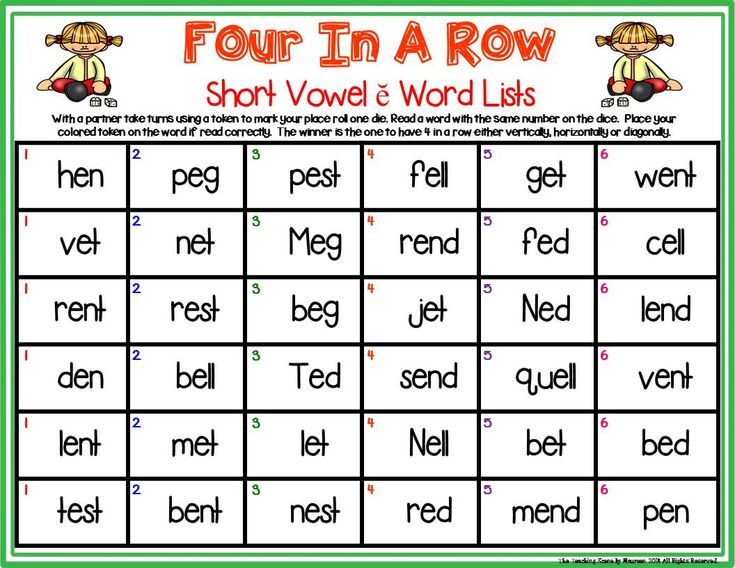 By the way, it was not so easy to find an example… This sound is short, and I wanted it to be heard in the song. But singers have the right to stretch even short sounds 🙂 Therefore, we take as an example a rather fast and rhythmic song “13 Little Dolls” by British singer Sophie Ellis-Bextor.
By the way, it was not so easy to find an example… This sound is short, and I wanted it to be heard in the song. But singers have the right to stretch even short sounds 🙂 Therefore, we take as an example a rather fast and rhythmic song “13 Little Dolls” by British singer Sophie Ellis-Bextor.
Fight them hard then keep them safe
Those 13 little d o lls
One for each mood o f the day
Those 13 little d o lls
Cr o ss your heart and try to sleep
Leave them out to play
1, 2, 3, 4, 5, 6, 7, 8, 910, 11, 12, 13 Little D O LLS
Sound / ɔː / - pronunciation of vowels in English
Sound / ɔː / pronounced in words Horse, Wall, Law et al.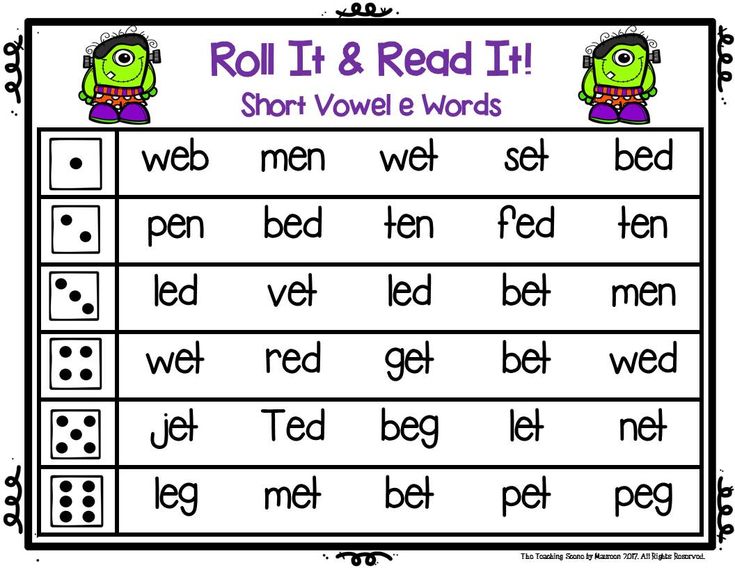
The sound is similar in articulation to the previous /ɒ/ – the tongue moves back and down, BUT the back of the tongue is raised to half the distance (and in the previous sound the root of the tongue is relaxed), so in this sound you feel like “ closes” hole at the throat. The lips are drawn into a small hole, as if you are planning to kiss someone. The sound is long.
That is, in fact, we pronounce a very, very deep sound /o/, but the position of the lips, as for the sound /y/.
Understanding the difference between these sounds is also important because changing the sound can change the meaning of the word:
cock /kɒk/ (rooster) – cork /kɔːk/ (bark, wine cork) pɒt/ (pot) - port /pɔːt/ (port)
wad /wɒd/ (pack of something - banknotes, chewing gum) - ward /wɔːd/ (hospital ward)
Correct pronunciation of words in English
I hope you managed to catch the articulation of this sound.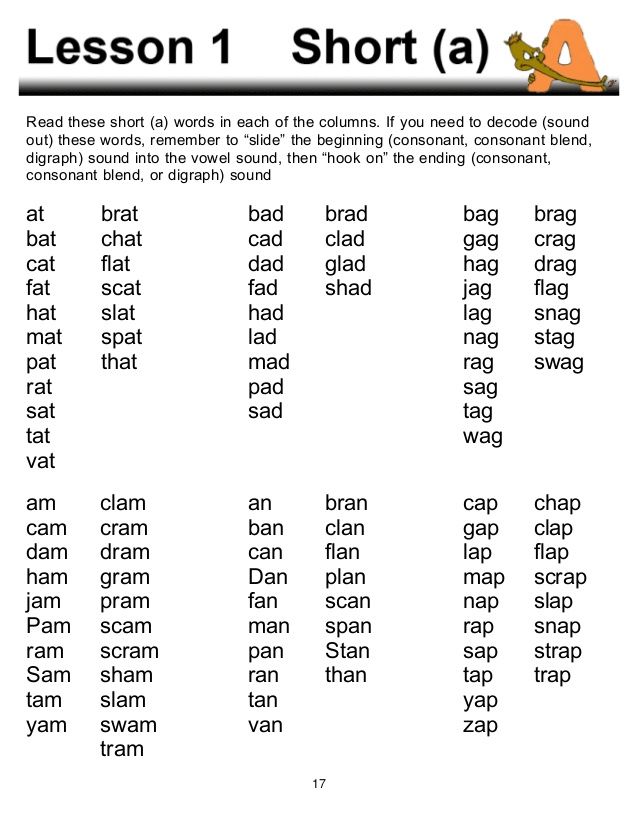 We move on to training in the words:
We move on to training in the words:
or /ɔː R /
All /ɔːl /
North /Nɔː /
Lɔː /
Ball /Bɔːl /
Small /
STARE /STɔː r /
horse /hɔːs/
saw /sɔː/
bought /bɔːt/
draw /drɔː/
walk /wɔːk/
CLAW / KLɔː /
Talk / Tɔːk /
Four / Fɔː R /
Door / Dɔː R /
BOOARD / BɔːD /
Lord / Lɔːd /
Fɔːt / Fɔːt / 9000 foult / fɔː000 SHORE / ʃɔː R /
Call / Kɔːl /
Course / Kɔːs /
Floor / FLɔː R /
Warm / Wɔːm /
Chalk / Tʃɔːk /
Fɔːθ / Fɔːθ / Fɔːθ / Fɔːθ / Fɔːθ/9000 9 ɔːl/
wall /wɔːl/
more /mɔː r /
thought /θɔːt/
nor /nɔː r /
court /kɔːt/
brought /brɔːt/
warn /wɔːn/
In words like ball, small, low , Americans again pronounce /a:/, and in words like horse /hɔːrs/ and north /nɔːrθ/ - /r/ is pronounced.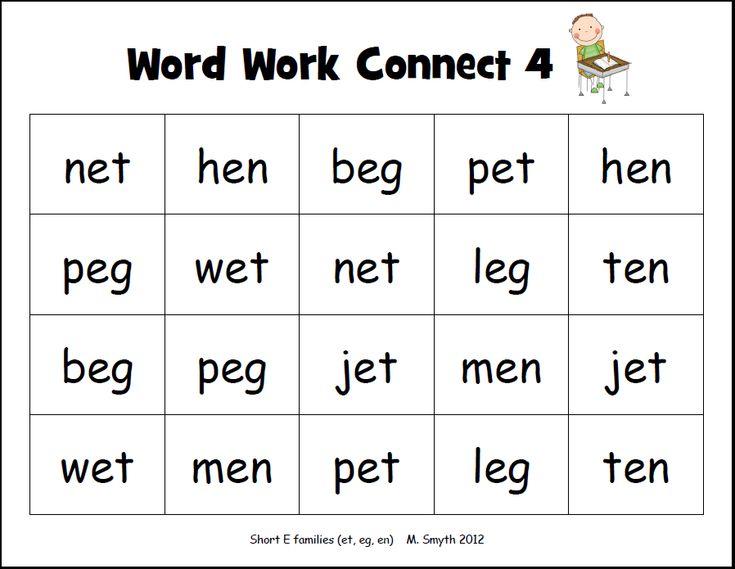 Learn more about American pronunciation in the video.
Learn more about American pronunciation in the video. Now let's move on to tongue twisters:
- A LL P AU L'S D AU GHTERS WERE B O RN in C O RK, A LL W LTS D AU GHTERS WERE B O 9000 RN in Yo rk.
- F OU R EXPL O RERS Expl O Re F O RTY W A TERF A LLS, F O RTY EXPL O RERS O RE OU OU r w a terf a lls.
- D O RA's D AU GHTER IS T A LLER THE N O RA's D AU GHTER, N O RA's D AU GHTER IS SH 9000 O RTER THE O RAS RAS d au ghter.
As a musical example, I propose to take the British band Pink Floyd and the song “Another Brick In The Wall” (or rather, one word from it - wall ).
We don't say goodbye!
There are 44 (!!!) sounds in English.



